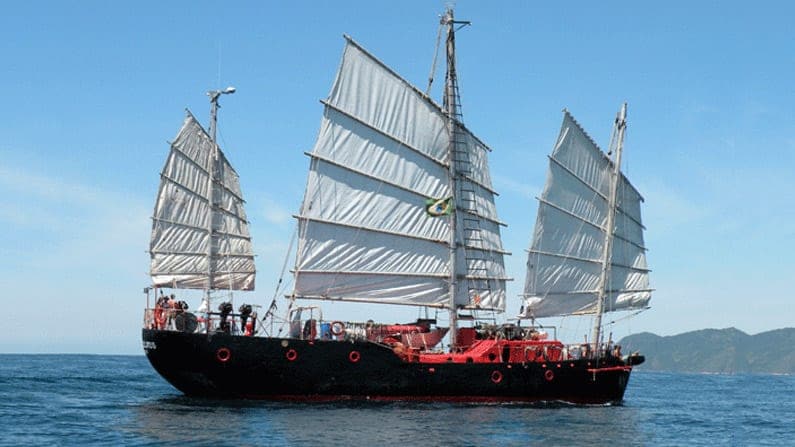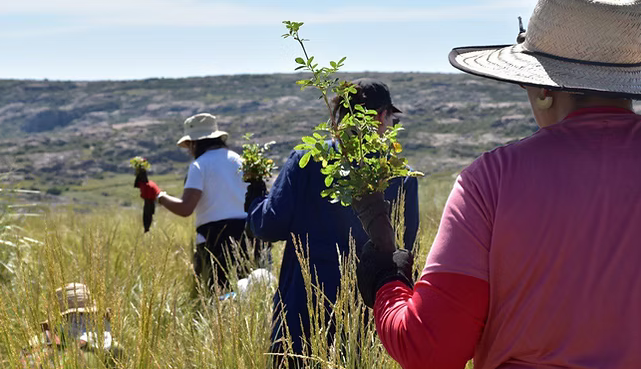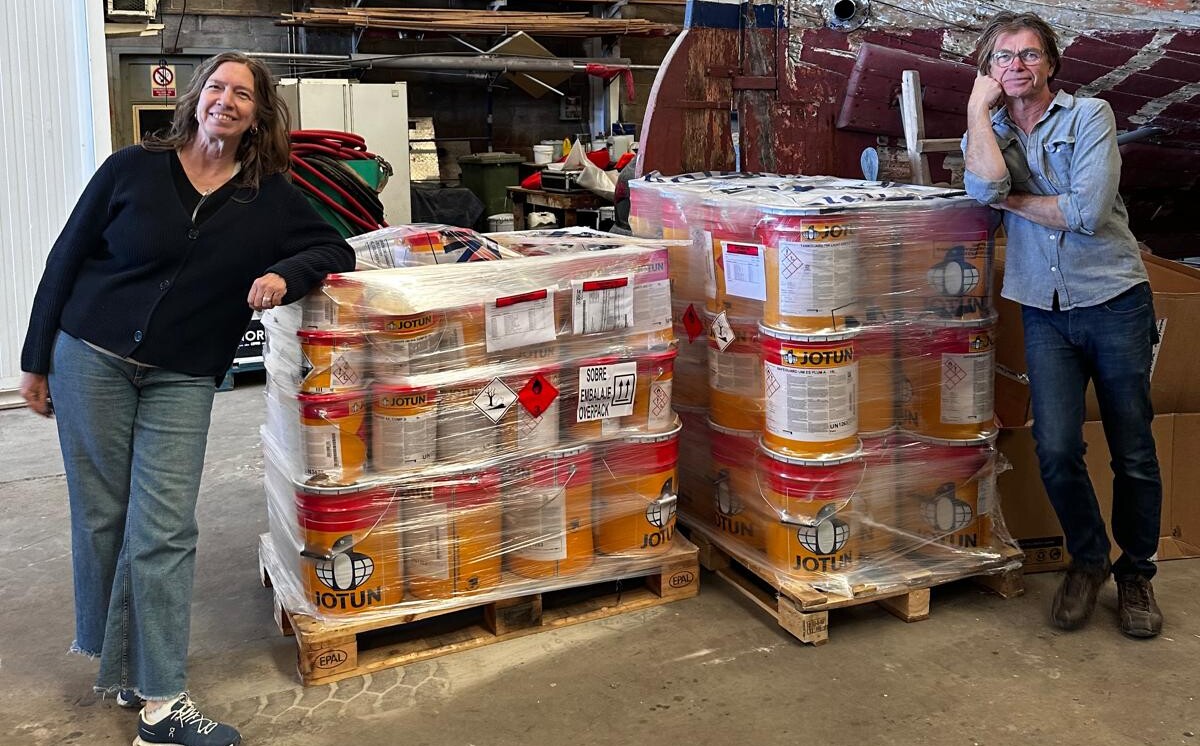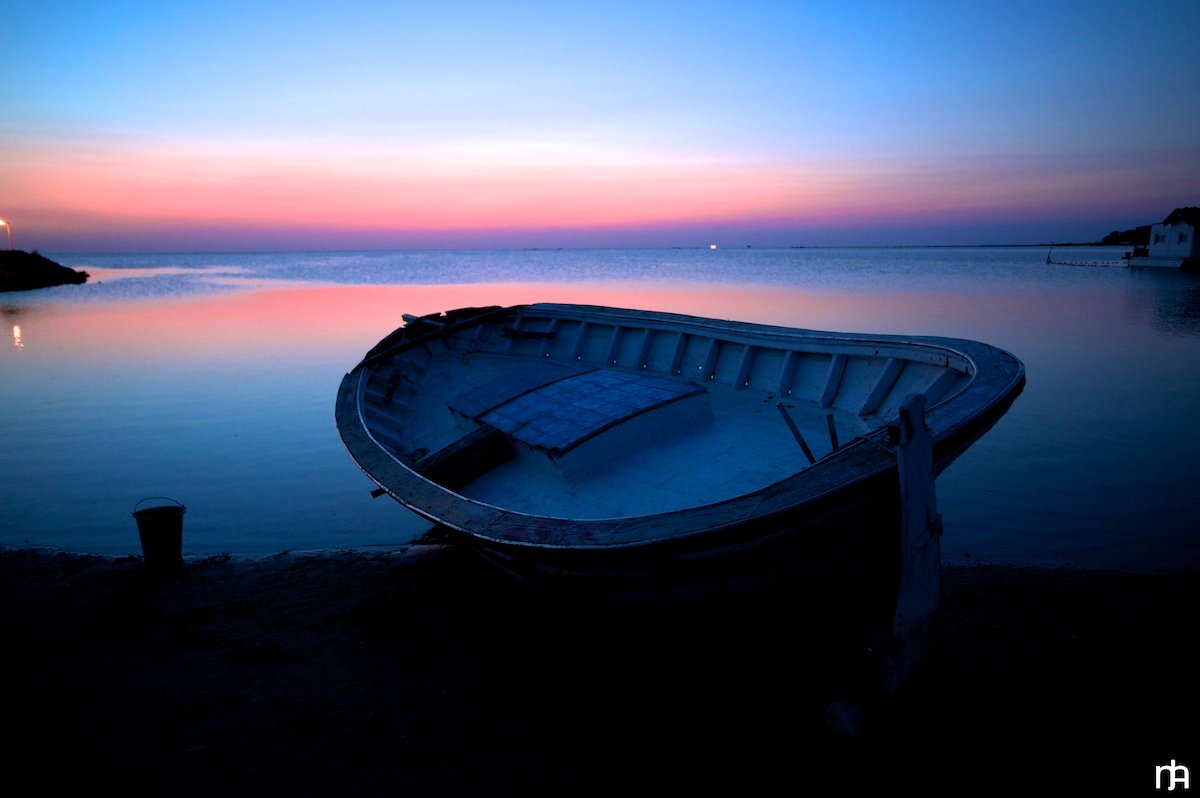Research Vessel Heraclitus’ Cultural History Project: Contemporary Histories of Mediterranean Ports
Lives and Legends of the Mediterranean Sea (Reposted from LifeArtsMedia.com)
For millennia, the Mediterranean peoples have conducted maritime quests for myth, treasure, inspiration, food, commerce, transportation, conquest, exploitation, research, discovery and adventure.
The Research Vessel Heraclitus and its parent organization, the Institute of Ecotechnics, in collaboration with Mediterranean institutions, have launched a multi-year oral history expedition documenting stories, exploring the rich Intangible Cultural Histories of the peoples of key Mediterranean port cities – their values, myths, memories, hopes and wisdom in relation to this legendary sea. These histories are gathered in interviews and documentation of the modern and historic port communities.
Studies are now underway in collaboration with the Museu Valencia d’Etnologia, Office de la Mer of Marseille, Museu Marítim de Barcelona and other EU and international organizations. Project leaders are working with the local community in interchanges with local guardians and practitioners of traditional customs and maritime knowledge, and others who represent the current trends of civic development and cultural shifts. Fishermen, elders, historians, sailors, fishmongers, chefs, boat builders, meteorologists, artists, marine biologists, business leaders and port officials are among those being interviewed.
We live on the Water Planet with a dynamic and complex biosphere. The worldwide crises of pollution and species loss affecting oceans and waterways emanates from human activities, and in turn, profoundly affects our daily lives. These activities in turn spring from values that define relationships between cultures and the hydrosphere-oceans, groundwater, lakes, glaciers, rivers and streams.
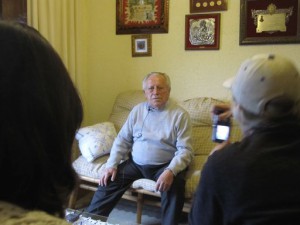
The Expedition seeks to understand dynamics of the ethnosphere (the global web of cultures), their consequences, intended and unintended, and how they affect our biosphere. Oral history has been recognized as a practice that reveals unmediated ground truth of women and men whose lives create local and global history. A documentation of oral history offers insight into experience and events of specific times and places.
The Heraclitus has sailed the oceans for thirty-six years with a core crew of mariners who have developed a way of life on the sea. These contemporary sea people have acquired an intimate and unique knowledge of the biosphere and varied cultures which inhabit the Water Planet. Visiting land from the point of view of the water offers a distinctly different perspective of human activities than that from the land or air.
Previous Heraclitus expeditions have included ethnobotany, weather patterns, coral reef health, cetaceans, and wastewater impact on coastlines. Voyages have also focused on leadership training, adventure and cultural exchange. The Mediterranean expedition explores the present moment of dynamic Mediterranean maritime history, and documents those cultures that spawn the future.
A Brief History of the Expedition So Far …
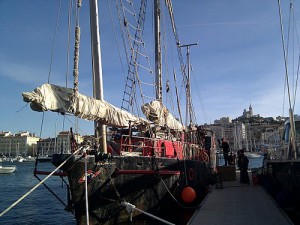
After sailing from the South Pacific to the Mediterranean the storied ship Research Vessel Heraclitus wintered over in Marseille, France at the Vieux Port and in nearby port of Sete. This summer’s focus is drydocking the ship and expansion of the oral history project to the North African Mediterranean coastlines. Heraclitus is currently in Roses, Spain where it will spend the next few months in drydock making repairs and improvements.
Th current expedition documenting contemporary Mediterranean maritime cultures commenced in February 2011. In Marseille and surrounding areas the crew worked with some of the region’s more experienced captains to conduct oral history interviews with members of the maritime community in Marseille and surrounding areas, returning the vessel to Marseille in time to participate in the September 2013 festivities celebrating the Mediterranean marine history and culture.
Ecotechnics Maritime is working with Museu Valencia d’Etnologia and Museu Maritim de Barcelona to produce a major exhibition based on Heraclitus’ expedition for 2014, and in Marseille, the Museum of Civilizations from Europe and the Mediterranean (MUCEM) for 2015.
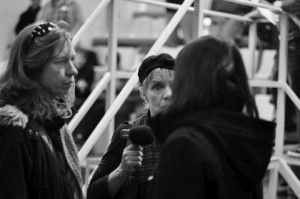
The project consists of interviewing and gathering information and stories from members of the marine community with a special emphasis on fisheries. Our focus is both the past and the present experience of those who are culturally grounded in the Mediterranean region. There have been many oral histories studies in the Mediterranean but the Heraclitus project is the first to take a region-wide approach to the fisheries. This is of particular importance because the region has undergone tremendous changes in fishing technology, marine habitat, and biological abundances. That, coupled with accelerating climate change, brings additional stresses and challenges to the system. Where there is an environmental crisis there is also a cultural crisis.
We are working with the Office de La Mer in Marseille to produce a strong document of this community because as a natural harbor, Marseille has played a major role in the region for millenia. The city is also taking steps leading the way towards a more sustainable future with the creation of Parque de la Calanque – a natural reserve that includes the community, the hinterland, and the harbour, islands and immediate marine environment. This is a ground-breaking approach because it includes the human society and culture, and it provides a natural venue for the oral history project.
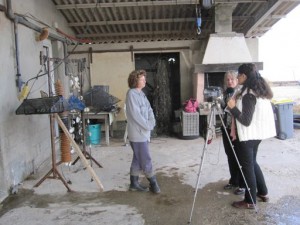
A summary of each interview is written, and the interviews, summaries, and any photographs or additional documents are archived on the Dedalo website, at the Institute of Ecotechnics base, and other archival sites.
In this way, the knowledge base generated by this project provides a valuable resource for scholars and researchers well into the future.
By involving local collaborators, the project is expected to create the beginning of an archive that can continue to grow long after the immediate project is over.
Dedalo is a site created by an innovative IT team in collaboration with the Museu Valencia d’Etnologi. It allows curators and scholars to access video material by content. Once transcribed in the system, any user can search it much the way one searches a text document. This approach also allows researchers to go directly to the material one is interested in, instead of listening to the whole interview. Dedalo Company has donated its software and services to the Heraclitus expedition.
More Info:
Those interested in volunteering and participating in the expedition, helping with drydock, and voyaging on the Heraclitus please visit our website www.rvheraclitus.org and contact the directors below.
Kathelin Gray President, Ecotechnics Maritime Co-founder, Institute of Ecotechnics Expedition Liason, Research Vessel Heraclitus kathelin@yahoo.com kathelin@mac.com
Christine Handte Expedition Chief, Research Vessel Heraclitus; Executive VP, Ecotechnics Maritime; Director, Institute of Ecotechnics; Fellow, The Explorer’s Club christinehandte@gmail.com
For the fascinating history of the Heraclitus, see John Allen’s memoir, Me and the Biospheres.



